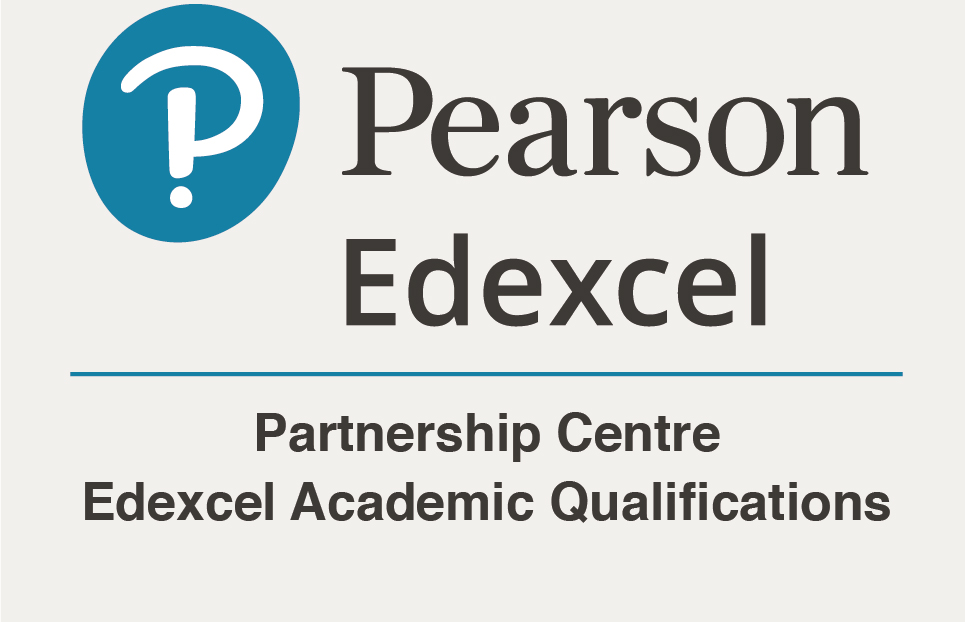Perfectionism: Insidious and Limiting
Referring to a “Type A Personality” might seem impressive, characterising someone who manages to confidently balance all aspects of their life, get everything done singlehandedly and still hold themselves to impossible high standards. However, this label is masking the dangers of perfectionism, an outlook that can damage the happiness and development of even the most talented of students. In some cases, perfectionism can leader to higher grades and a more diligent attitude to work.
However, this is not the case for all students, and an increasing body of research indicates that any improvement in performance is likely to be outweighed by wellbeing issues, including burnout and depression. Perfectionism is classified as a personality characteristic, and features include unrealistically high expectations and the need to be overly critical. Understandably, this creates a gulf between imagined and pragmatic outcomes, a gulf that is both abstract and impossible to close. In a number of studies, particularly amongst the young, perfectionism is a vulnerability factor for mental illness. It can lead to a complex mix of a desire to prove yourself and a fear of inadequacy, and consequently the frequent experience of anxiety, worry and doubt. Naturally, a growing number of studies show that the use of social media exacerbates these issues. Impossibly high standards are the currency of most platforms, and online communities can provide self-critical echo chambers. Expecting perfection from other is equally damaging, the reality is bound to be disappointing.

However, a great deal can be done to help, both at home and in the classroom. Learning to respond in a healthy way to personality characteristics like perfectionism is one of the ways a growth mindset might be fostered. Reflection on the issue is equally important for adults and educators, as confronting behaviours like perfectionism prompts use to interrogate the perceived need for and function of those behaviours in our own lives.
There are a number of excellent online resources for parents and educators (https://www.nace.co.uk/page/perfectionism). For example, one available lesson aims to increase “perfection literacy” in the classroom by increasing student knowledge on the issue, highlighting when it might be time to seek help and pointing them towards potential sources of help. Importantly, many of these resources focus on the difference between perfectionism and doing things well. Nobody wants to dissuade students (or ourselves) from trying our best. The aim is not to be perfect, but to respond to feedback constructively, and aim for an improved effort and outcome, something that is a very personal journey. Resources are important for both educators and parents, as they need to be able to recognise the signs of perfectionism as part of a broader effort to foster student wellbeing.
We hope you have been enjoying this fresh reinvention of Smart Lessons. If you would like us to write about a specific topic, please get in contact via any of our social media platforms.
For students who want to hone their reading comprehension skills, here are some questions to test your inference skills.
Comprehension Questions:
1: Name one of the indicators of perfectionism.
2: Why is perfectionism a problem?
3: What are some of the things educators and parents can do to help students struggling with perfectionism?
4: Is perfectionism the same as “doing your best”?
5: What impact does social media have on perfectionism?

1: Name one of the indicators of perfectionism.
Excessive self-criticism, unrealistic expectations, impossibly high (often unrealistic), standards, desire to “prove yourself”, fear of inadequacy, worry, doubt, anxiety and negatively impacted wellbeing.
2: Why is perfectionism a problem?
Negative impacts on wellbeing
3: What are some of the things educators and parents can do to help students struggling with perfectionism?
Learn to recognise symptoms, engage with online resources, improve “perfection literacy”, show students where to access support, teach students the difference between perfectionism and trying their best.
4: Is perfectionism the same as “doing your best”?
No
5: What impact does social media have on perfectionism?
Impacts are negative because they provide platforms for examples of impossibly high standards and help create overly critical echo chambers.
© 晉博教學中心 Brighten Test Prep Centre


